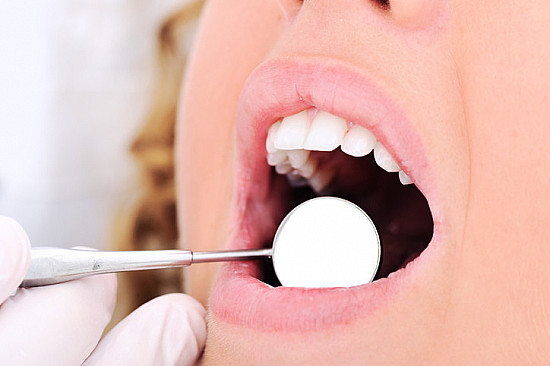To me, it was one of the most surprising observations in recent years: study after study has shown that people who have poor oral health (such as gum disease or tooth loss) have higher rates of cardiovascular problems such as heart attack or stroke than people with good oral health.
Why are cardiovascular disease and poor oral health linked?
Several theories have been proposed, including:
- The bacteria that infect the gums and cause gingivitis and periodontitis also travel into blood vessels elsewhere in the body where they cause inflammation and blood vessel damage. tiny blood clots, heart attack and stroke can follow. The finding of remnants of oral bacteria in atherosclerotic blood vessels away from the mouth supports this idea. Again, antibiotic therapy has not been shown to be effective in reducing cardiovascular risk.
- Instead of bacteria causing the problem, it is the body’s immune response – inflammation – which causes a cascade of vascular damage throughout the body, including the heart and brain.
- There may not be a direct link between gum disease and cardiovascular disease. the reason they can appear together is because there are 3rd factor (such as smoking) that is a risk factor for both conditions. Other potential “confounders” include genetic contribution to both disordersthe poor include poor access to health care and lack of exercise – perhaps people without health insurance or who do not take good care of their general health are more likely to have poor oral health and heart disease.
A study published in 2018 are among the largest to address this question. Researchers analyzed data from nearly one million people who experienced more than 65,000 cardiovascular events (including heart attack) and found that:
- After accounting for age, there was a modest association between tooth loss (a measure of poor oral health) and coronary heart disease.
- When smoking status was considered, the association between tooth loss and CVD largely disappeared
This study suggests that poor oral health does not directly cause cardiovascular disease. But if this is true, how do we explain other studies that found a link even after accounting for smoking and other cardiovascular risk factors?
It is rare that a single study definitively answers a question that has been pondered by researchers for decades. So we’ll probably need additional studies to sort this out.
But wait, there’s more!
The link between poor oral health and overall health may not be limited to cardiovascular disease. Studies have linked periodontal disease (especially if it is due to infection by a bacterium called porphyromonas gingivalis) and rheumatoid arthritis. In addition, several studies have found a link between this same bacterium and the risk of pancreatic cancer. However, as with the heart disease link, “link” is not the same as causation. we will need additional research to understand the significance of these observations.
The essence
Whether the link is direct, indirect or accidental, a healthy mouth and treatment to keep it that way (including not smoking and regular dental care) can help you keep your teeth. That’s reason enough to do everything you can to make oral health a priority. It may turn out to have other benefits, though much of that remains speculative.
Expect more studies on the relationship between oral health and overall health. Until then, keep brushing, flossing and visiting your dentist.


Image: © Zurijeta/Getty Images


